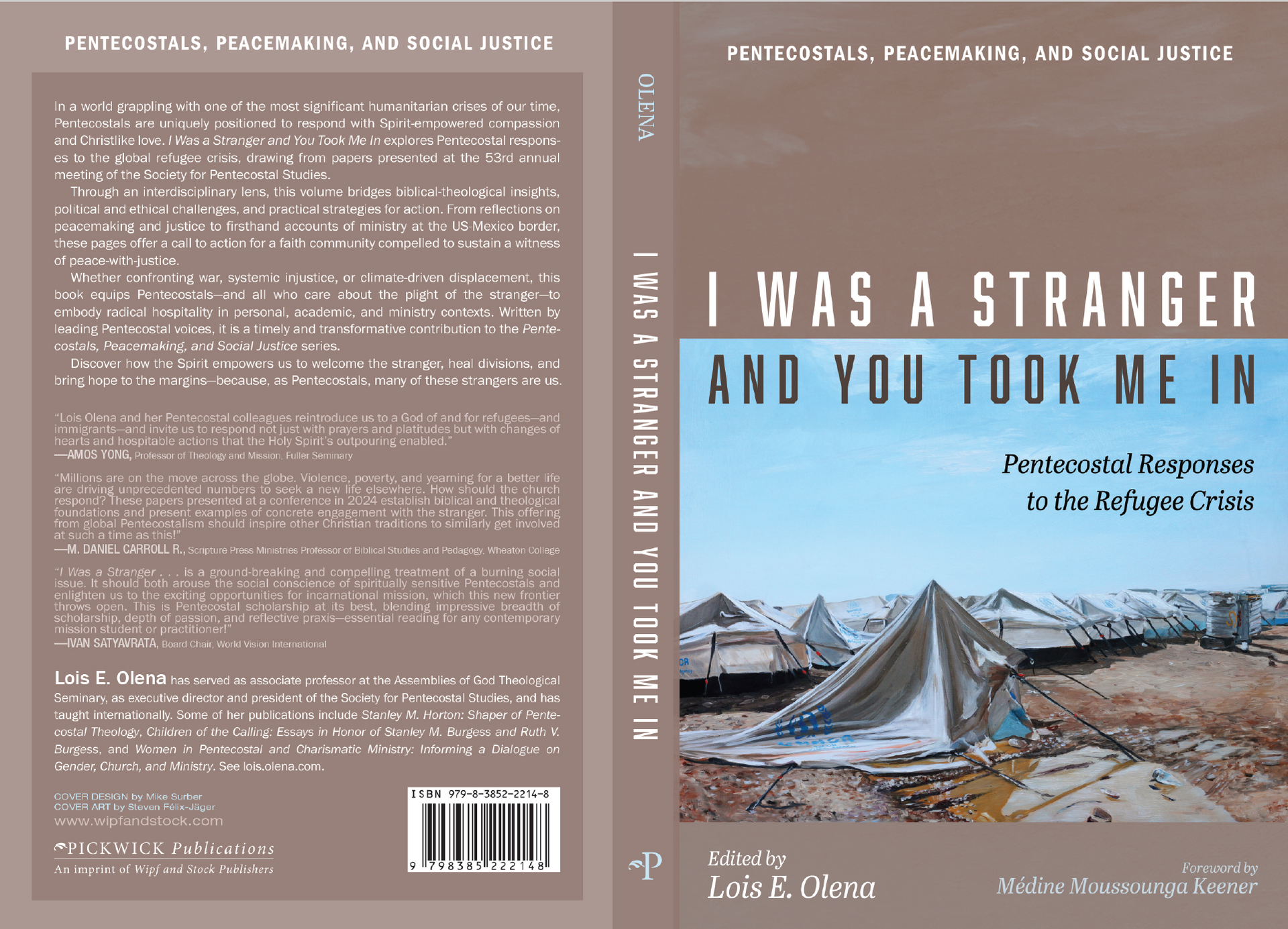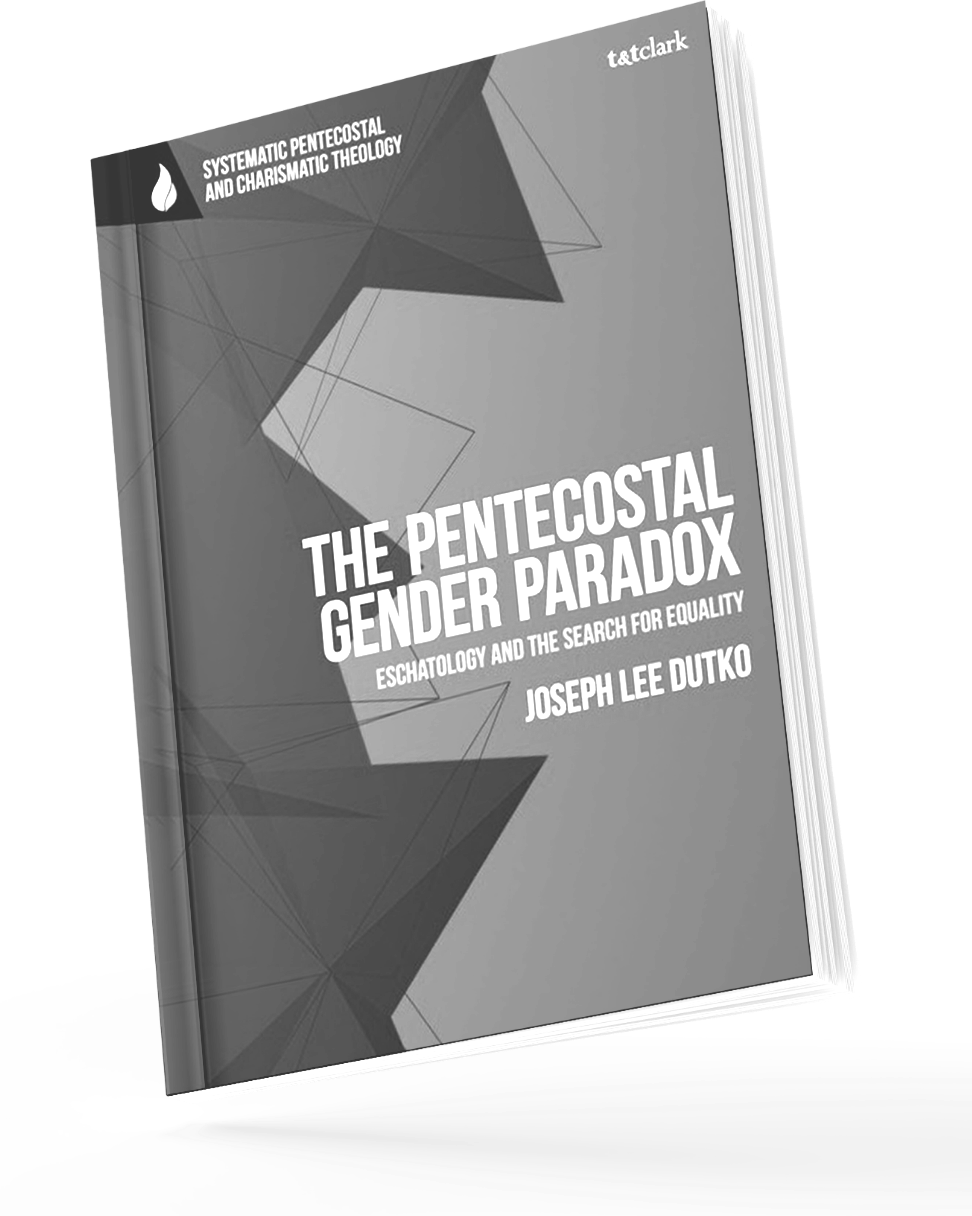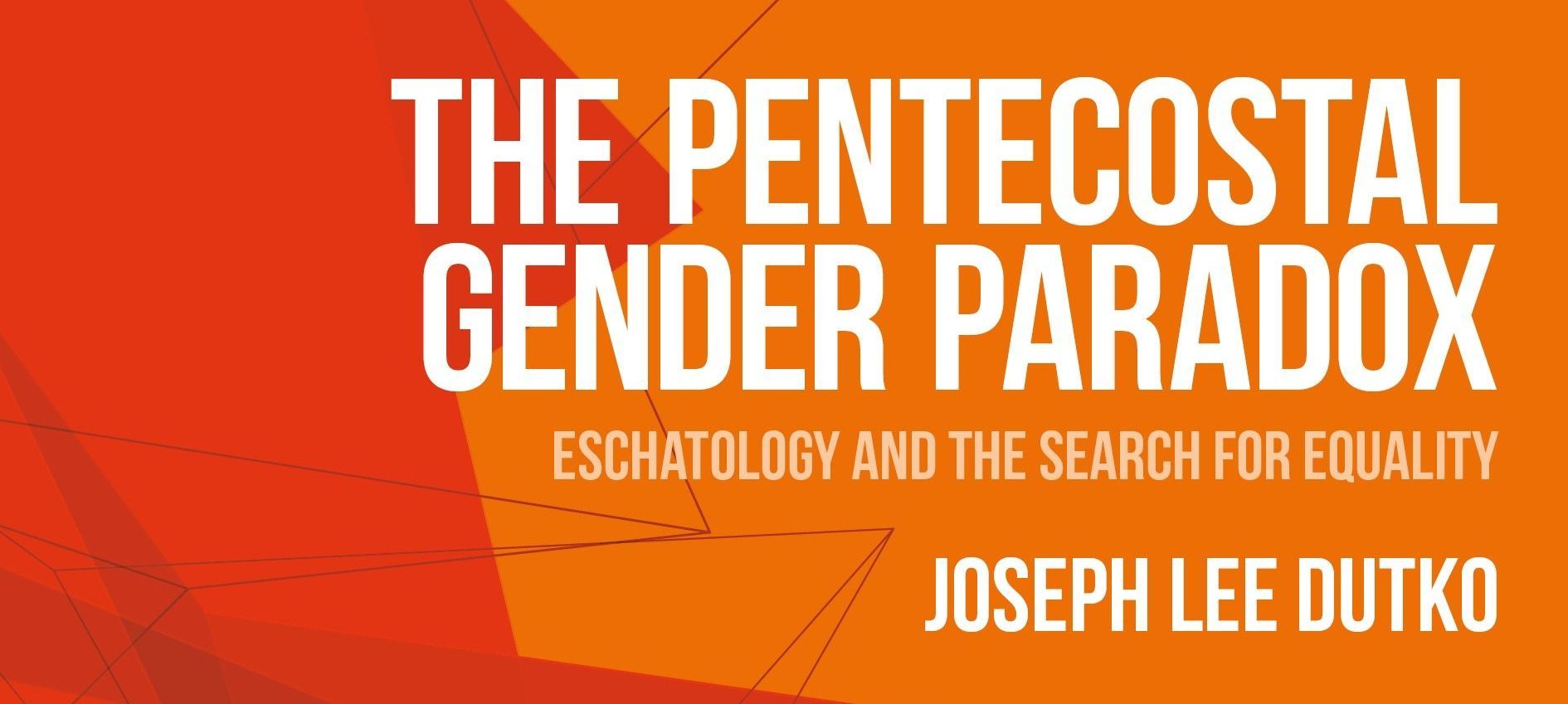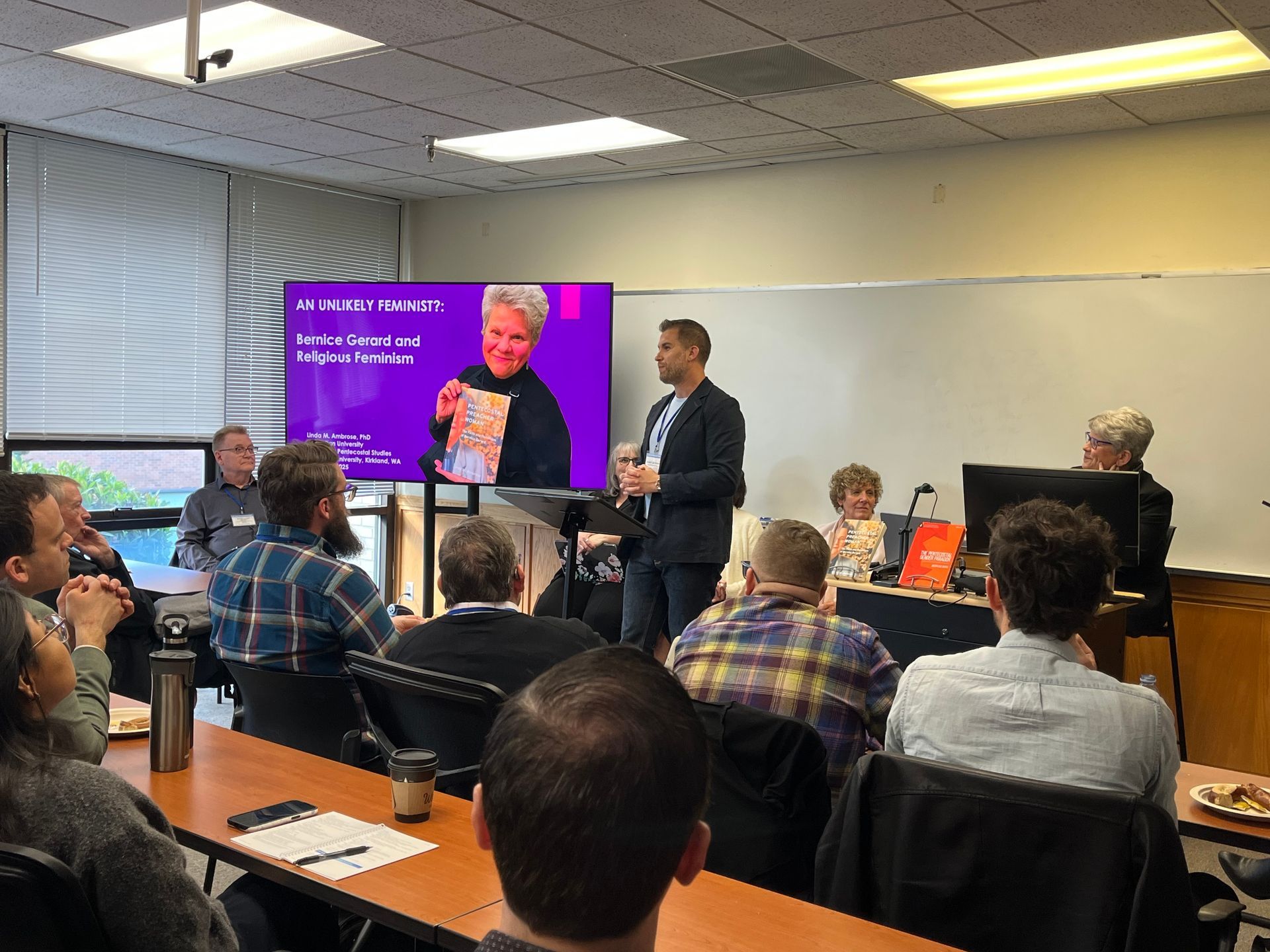Excerpt from Ch. 3: "The Loss of Eschatology as Authorizing Hermeneutic"
An Excerpt from Chapter 3
Over the next few weeks I'll be releasing short excerpts from each chapter of The Pentecostal Gender Paradox to give you a feel for the work.
Remember you can read the entire Introduction here.
Want to purchase? Info and discounts HERE.
Excerpt from Chapter 3:
"The Loss of Eschatology as Authorizing Hermeneutic"
Note: footnotes not included in excerpt
Pages 118-119:
From 3.3.2 Hermeneutics: From Scripture-Centered to Spirit-Centered
The eschatological hermeneutic of imagination and participation I propose promotes faithfulness to the biblical text and an unrestricted egalitarian vision. Some feminist scholars have argued that the only way to achieve full equality for women is to abandon Scripture because egalitarianism is simply too different from the biblical world. On the other end of the spectrum, some complementarians claim the Scriptures become “uncomfortable territory” for those seeking a full egalitarian position. However, neither of these positions represents the approach of early Pentecostals. Early Pentecostals emphasized the authority of Scripture, so much so that Land claims they were “suspicious of anything which did not have direct biblical precedent,” and they believed “if it was not in Scripture, then it should not be enacted.” They were also unapologetically egalitarian, primarily due to how their experience of the Word (especially eschatological texts) as guided by the Spirit led them in new directions. The waning of women’s leadership in Pentecostalism had nothing to do with Pentecostals’ desire to take the Bible more seriously or to interpret it more accurately, but it had everything to do with the type (or lack) of hermeneutic they used to read the Scriptures.
The supposed competing traditions of taking the Bible seriously, on the one hand, and the Spirit’s empowerment of women, on the other, have kept Pentecostals stuck in a cycle of “scriptural ambiguity.” But, as Cox proclaims, “Wherever the original Pentecostal fire breaks through the flame-extinguishing literalist theology, women shine.” For Pentecostals, Scripture does not stand on its own, a statement that sounds more controversial than it really is. Pentecostal hermeneutics involves the interplay between the Sprit, the Word, and experience in community. This emerging consensus on an authentic Pentecostal hermeneutic is nothing new. It was the early Pentecostals’ experience of the Spirit through biblical texts that led them initially to embrace egalitarian practices in community. Land summarizes well this early Pentecostal hermeneutic.
Salvation history was an ongoing history of revelation. The Bible was a closed canon but revelation continued because God was not yet all in all. Nothing revealed would be unbiblical, but it was beyond the Bible because salvation history had progressed beyond the first century. All that the Spirit spoke was scriptural, but not all that he spoke was in the Bible. It was not the role of the Sprit only to repeat Scripture.
Early Pentecostals were not just “readers” or “interpreters” of the Bible but involved participants who engaged their imagination with the text and participated in community. The task now for Pentecostals, and for the rest of this work, is to retrieve the early eschatological hermeneutic that led to the initial egalitarian thrust of the movement and present and apply it in a more critical, contemporary form.
NEWSLETTER SIGNUP (blog post layout)
ABOUT JOSEPH
Pastor, Author, and sometimes pretends to be a Scholar
Joseph (PhD, University of Birmingham) is the author of The Pentecostal Gender Paradox: Eschatology and the Search for Equality.
Since 2015, he and his wife have together pastored Oceanside Community Church on Vancouver Island, where they live with their four children.










